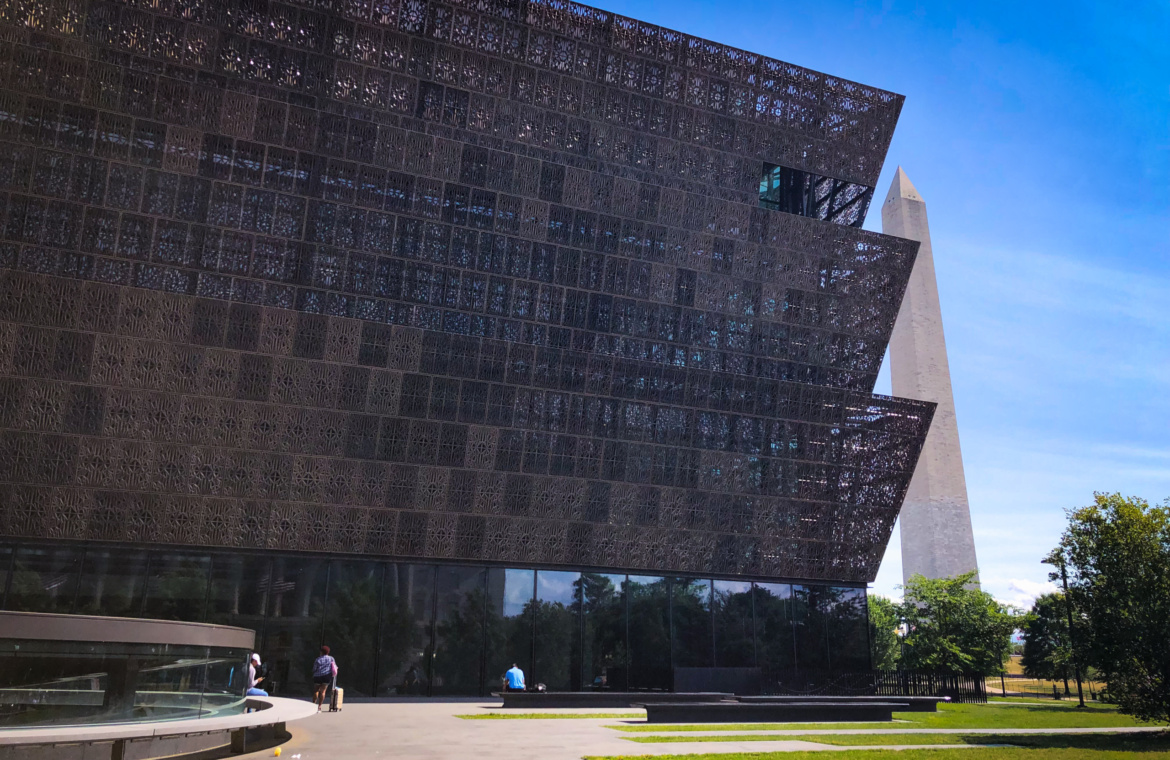
A refusal to counter injustice is an authorization of that injustice. Such an action is fundamentally contrary to the rule of law, especially in a democracy whose Constitution requires equal protection and unabridged access to redress, while prohibiting the deprivation of rights without due process.
The Supreme Court’s 6-3 ruling prohibiting affirmative action in college admissions ignores clear historic and ongoing discrimination and sidelines the right of all Americans to live in a society where wrongs are redressed. Securing rights previously denied is not prejudice; it is liberation, for everyone. As Justice Jackson writes in her dissenting opinion:
Every moment these gaps persist is a moment in which this great country falls short of actualizing one of its foundational principles the self-evident truth that all of us are created equal.
We will not succeed in avoiding climate breakdown, which is driven by unaccountable pollution, if we are not able to consistently guard against and work to reverse structural injustice.
CCI stands with allied organizations in calling for ongoing effective action toward a future that is inclusive, diverse, just, and sustainable.
- Read the Joint Statement from seven top environmental organizations, in response to the Supreme Court’s decision finding affirmative action in college admissions unconstitutional.
The featured image at the top of this page is the Museum of African American History, on the National Mall in Washington, DC. The museum takes visitors through time, from the earliest arrival of people of African descent in the Americas, through the period of enslavement, the Civil War period, and the long process of ongoing liberation. We believe people in all countries should recognize historic and ongoing injustices, and work energetically and inclusively toward a collective liberation from such conditions of abuse.








